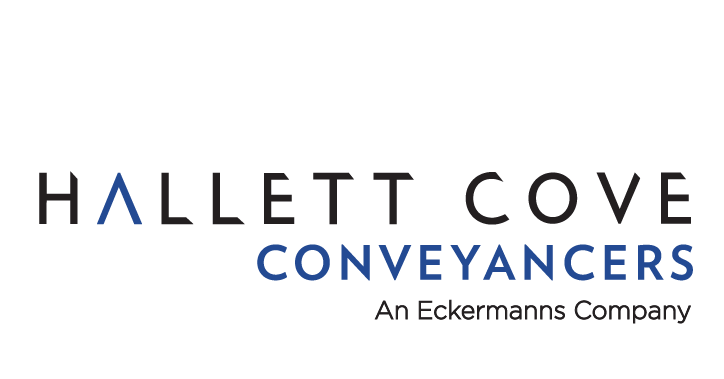Most common conveyancing terms and what they mean

Real estate and legal terminology can be confusing, particularly when one such phrase after another is part of the communication. However, there’s no need for confusion as the jargon can simply and easily be explained. Here are some of the most common conveyancing terms you will encounter and what they mean.
Contract of Sale.
This is the document that contains the details of the exchange between the seller and the buyer. Once signed, the Contract of Sale becomes legally binding and it will outline the terms of the agreement between the parties. The contract will specify the agreed purchase price, the settlement date, any special conditions, and any property specifications in the case of plan apartments and units.
Certificate of Title.
This certificate verifies the ownership of the property along with any mortgages, covenants and third-party interests that are registered with the South Australian Government Land Services. You can obtain the most recent record of changes or encumbrances from the S.A. Government SAILIS site.
Cooling off period.
In South Australia, if you buy a property through a private treaty, you will have a cooling off period of 2 business days from when both purchaser and vendor signed the Contract of Sale. During this time the purchaser can withdraw without facing any legal consequences. However, you will forfeit your holding deposit. Keep in mind though that the cooling off period does not apply if a property is being purchased at auction.
Encumbrances.
These are claims on a property by a party that is not the property’s owner. As an example, the most common encumbrance would be a mortgage or a lease. It is the responsibility of a conveyancer to ensure that the vendor’s mortgage has been discharged at settlement so that the purchaser does not take on this debt. Another type of encumbrance is a caveat, which is a legal notice to the public of a claim on a property by another party, for example, a financial claim by a vendor’s partner. A caveat can cause delays in a sale, as can a covenant, which is a legally-binding agreement that places certain restrictions on properties. A covenant might state that a residential property cannot be used for commercial purposes and all encumbrances are something of which buyers need to be aware.
Easement.
This is the right of a third party to use a portion of the property for various purposes. One of the most common types of easement is where a water authority has the right to use some of an owner’s land for sewerage and drainage services.
Settlement.
This is the date specified in the Contract of Sale on which all legal documents are transferred from the seller’s name into the buyer’s name. It’s time to collect the keys and move in.
Contact Adelaide conveyancers.
The conveyancing process can be complex but starting out with a basic understanding of the most commonly used terms can be a great help. Hallett Cove is an Adelaide conveyancing firm that provides straightforward, seamless communication and has over 20 years of experience guiding clients through the process.
You can obtain an obligation-free consultation with us by phoning 08 8387 0900 or via our website.

